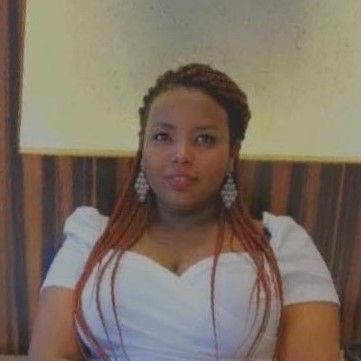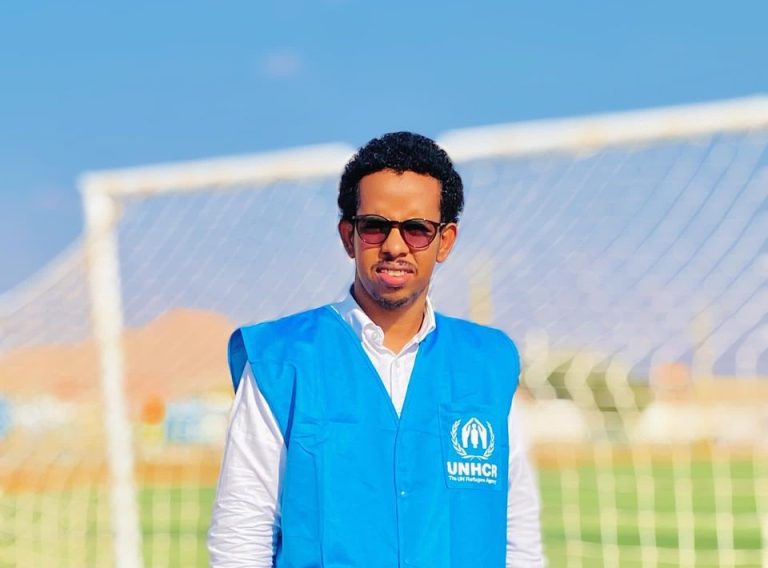Tell us about yourself
My name is Ithar. I am an educator, humanitarian worker, development practitioner and entrepreneur who believes in the invincible power of education in shaping the world and changing people’s fate. I am originally from Sudan, and I currently hold the position of Program Manager for the Youth Employability and Entrepreneurship program at the Sudanese Youth Council. I hold a Bachelor of Arts in German and English Language and Literature from the University of Khartoum and graduated with Honors in 2016. Since 2011, I have volunteered and become a member of many organisations: Women for Women Sisterhood, Education Without Borders, and Young African Leadership Initiative. My previous work experience includes roles such as Program Coordinator at Save the Children International, Head of the Training Department at Marafie Training Center, Instructor for the Work Readiness Program at Al Wasl University, and German Language Teacher at Inlingua Institute, among others.
How did you first become involved in humanitarian work?
My journey into humanitarian work began when I realised the transformative power of education in shaping lives for the better. I started by volunteering my time to teach underprivileged children in my community, and this experience ignited my passion for education and social change. I believe that I was destined to become a humanitarian worker from my early childhood years, as I started teaching street children in my community when I was still a pupil myself. I felt that it was unfair to deprive these children of their basic right to education. Later, I started volunteering with Sudanese social movement Education Without Borders. In frames of its Collecting Books campaign, we distributed books to areas where there were no ways to find schoolbooks for children. I’ve dedicated my career to uplifting communities through education and development projects.
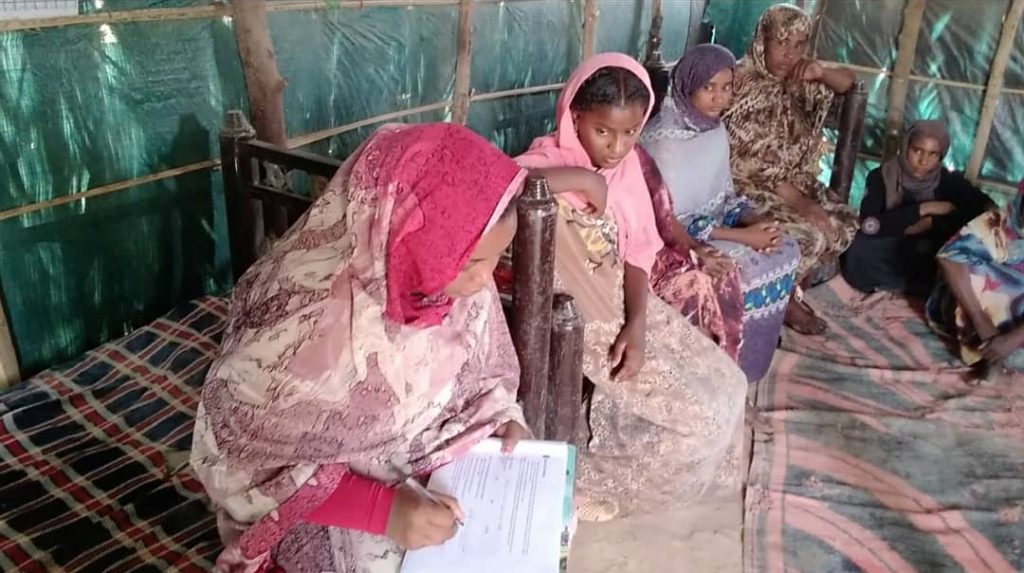
How did you first hear about our digital learning platform Kaya, and how long have you been using it?
I discovered Kaya while searching for a project management course and certification specialised in the development sector. My first course on Kaya was PMDPRO (Project Management for Development Professionals). I was impressed by the very informative and highly specialised courses and materials, which are designed and presented in high-quality, interactive, and modern learning methodologies. I immediately fell in love with the LMS (Learning Management System). I’ve been using Kaya for 3 years, and the courses have become part of my professional development goals and a part of my daily morning routine. It has been an invaluable resource for enhancing my knowledge and skills in the humanitarian and development fields. It has significantly impacted my career advancement.
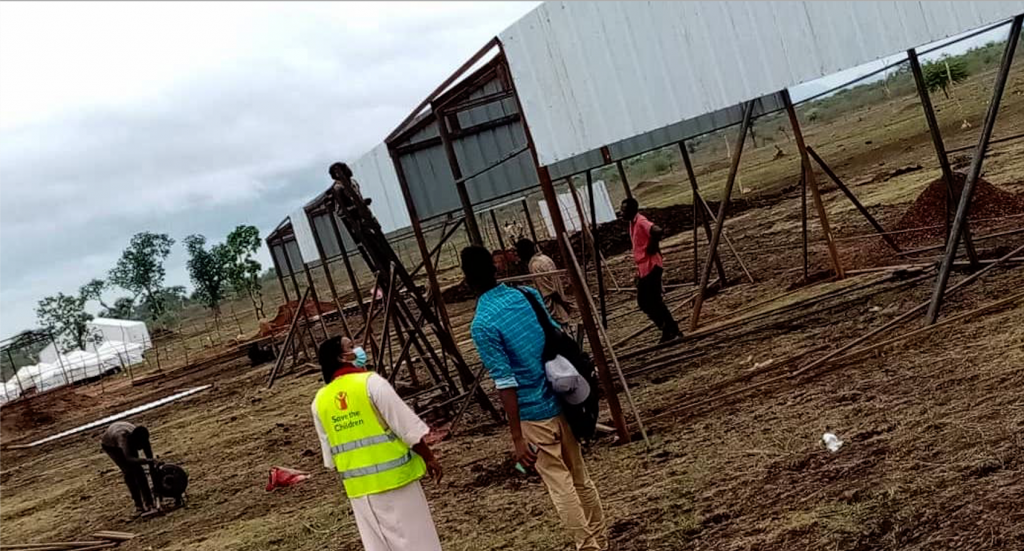
What course was the most relevant to your current role?
It is pretty hard to pick one, but I would list the three most relevant to my current role as a Program Manager: Project Management for Development Professionals, Grant Management and Program Management. They provided me with detailed practical guidance and steps that helped me excel in implementing my projects, and the toolkit attached to each course is truly a treasure. As a result, I have effectively overseen and led the implementation of various programs and activities and further collaborated with stakeholders and other supporting departments professionally.
What are your top 3 courses on Kaya?
My top three courses on Kaya are:
- Introduction to Proposal and Report Writing: This course is at the top of my list because it provides an excellent introduction to the essential skills of proposal and report writing in humanitarian and development contexts. It not only explains the importance of these skills but also demonstrates their practical applications, both internally within an organisation and externally with donors. The interactive and stimulating design of the course makes it feel like a real-life situation, which helps to develop actual proposals and reports. This course has equipped me with valuable communication skills crucial for my work in the field. Furthermore, it is designed in a very interactive and stimulating way that creates a real-life situation and, as a result, an enhanced and interactive learning experience which is unforgettable. The fact that my organisation and donors endorsed the documents I created during the course is a testament to their effectiveness.
- PMDPRO: Project Management for Development Professionals: Project management was a true breakthrough in my personal and professional development. It is a fundamental skill in the development and humanitarian sectors, and this course is tailored to address the unique challenges and requirements of NGOs. It aligns with internationally recognised project management standards and enhances my professional project management skills. The course covers crucial aspects such as stakeholder engagement, risk assessment, and effective team management. It provides theoretical knowledge and practical techniques for optimising international project investments. The availability of the course in Arabic is an added advantage, making it accessible to a broader audience.
- Learning Facilitation and Design – Level 1: As someone involved in the field, particularly as a technical specialist and field manager, I often need to support others’ development and impart knowledge effectively. This course is highly relevant to my role as it focuses on learning design and facilitation in the humanitarian context. It helped me to understand different learning preferences and approaches to delivery, which is essential for tailoring training programs to diverse audiences. Additionally, it equipped me with skills in facilitation, coaching, and mentoring, crucial for nurturing talent and building capacity in the field. The fact that it is a relatively short course, taking only about 90 minutes, made it easy to fit into my busy schedule.
These three courses have a direct and tangible impact on my professional development and effectiveness in the humanitarian and development sector. They provide both foundational knowledge and practical skills necessary for success in my role, and the fact that they are all available for free on Kaya is a significant benefit.
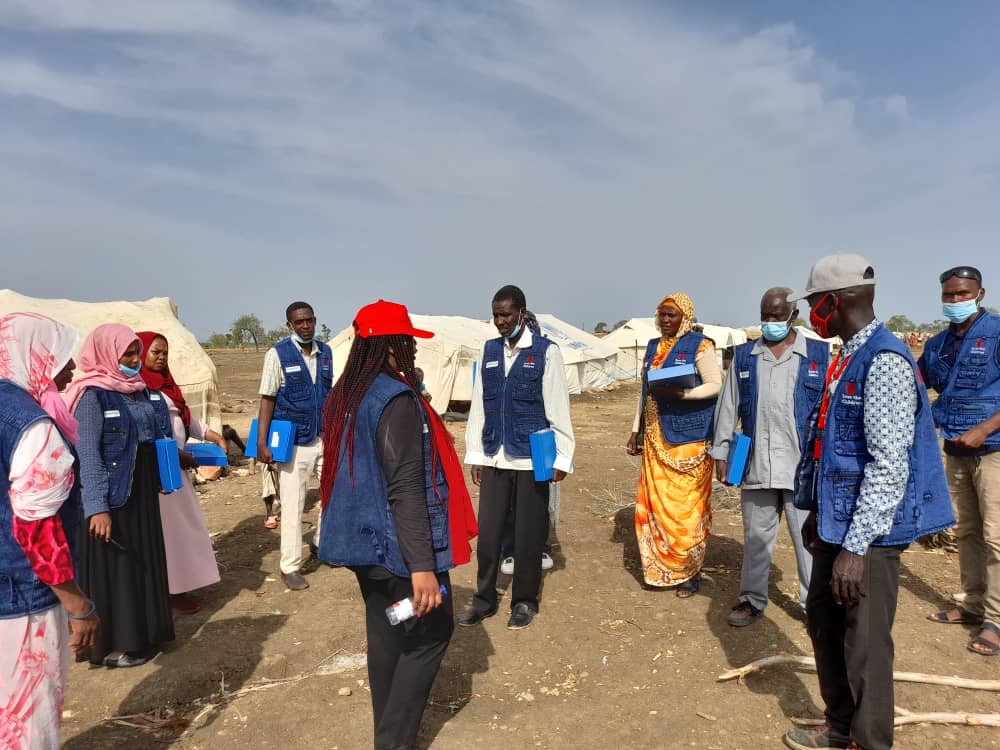
Have you earned any badges on HPass? If so, which one are you most proud of?
I have earned several HPass badges, and the one I am most proud of is the “Grant Management Badge” from Save the Children International. It represents my commitment to effective grant management and ensuring that resources are allocated appropriately to achieve program goals. It further set me up and prepared me to take more senior leadership roles and scale up.
Has learning on Kaya changed your outlook or approach to humanitarian work?
For the past three years and until today, learning on Kaya has been a transformative experience for me. It has reinforced my belief in the power of education as a tool for positive change. It has expanded my knowledge and equipped me with practical skills that have greatly enhanced my ability to make a meaningful impact in the humanitarian and development sectors. For example, when I was working in a refugee camp, I was responsible for the EiE (Education in Emergencies). As we were implementing an integrated response with many components in various sectors, the courses on Kaya, such as Sphere in Practice, EiE, Child Protection in Emergencies, Water, Sanitation, and Hygiene (WASH) in Emergencies, and Cash & Voucher Assistance helped us achieve our goals within budget and in time.
On behalf of millions of humanitarian workers, I would like to thank the amazing HLA team for your great efforts. The impact of your work is beyond what words could describe. It is remarkable how quickly and efficiently you develop courses that address the challenges we face in the field, especially in an emergency response.
The aim of featuring HLA learners on our website is to inform and inspire humanitarians and the HLA community. These articles do not constitute endorsement or recommendation of the individuals featured. Views expressed by members are solely their own.
